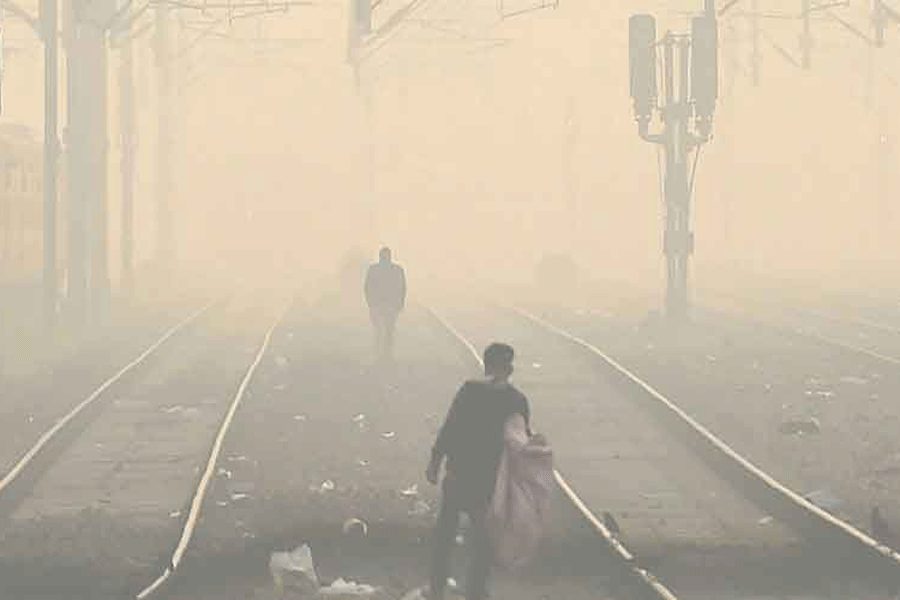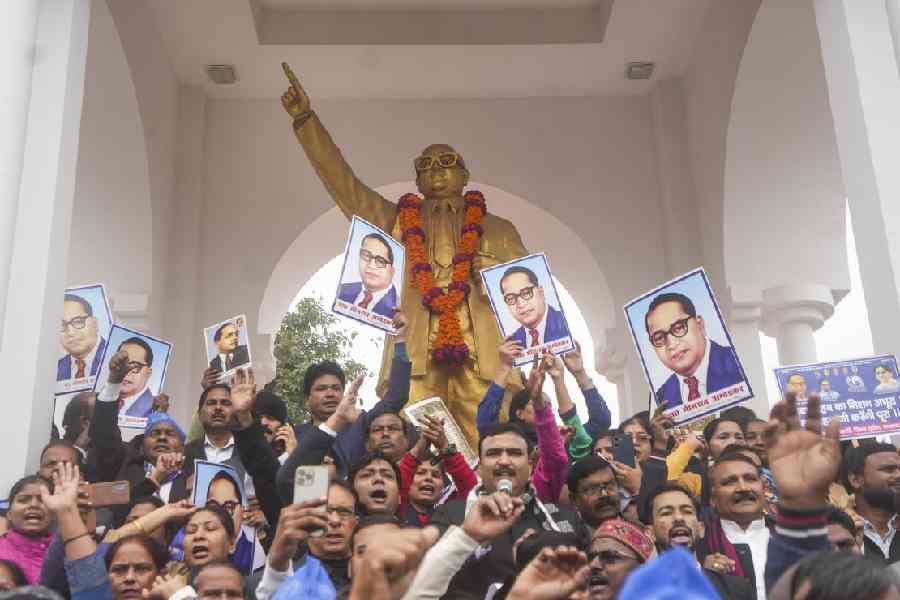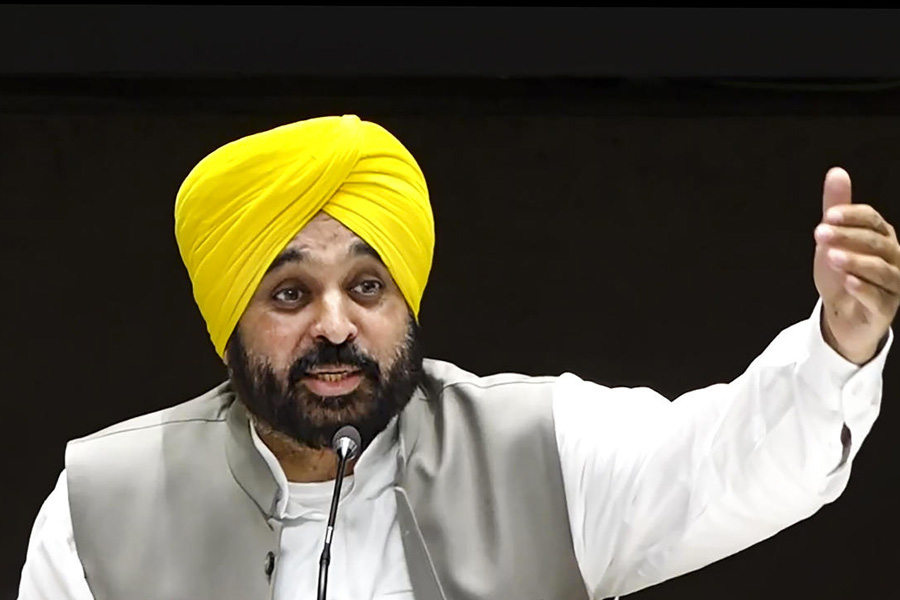With many Bihar cities recording very poor air quality, the state pollution control board on Sunday asked the district administrations to strictly enforce laws to check air pollution in their respective areas.
According to the Central Pollution Control Board (CPCB) daily AQI bulletin (November 11 at 4 pm) of 243 cities in the country, Begusarai was on top of the list with AQI at 382, closely followed by Saran at 376 and Patna at 375 in Patna.
Other Bihar districts where the AQI was in the very poor category included: Hajipur (356), Purnea (350), Katihar (350), Motihari (341) Bhagalpur (340), Rajgir (329) and Arrah (323).
The AQI is an assessment of the air quality taking into account eight pollutants – PM 2.5 (particulate matter less than 2.5 microns), PM 10 (particulate matter less than 10 microns), nitrogen oxides, sulphur dioxide, ozone, carbon monoxide, ammonia and lead.
An AQI of over 300 is regarded as very poor air quality. Very poor air quality causes respiratory illness on prolonged exposure, says the CPCB.
Commenting on deteriorating air quality in the state, Bihar State Pollution Control Board (BSPCB) chairman Devendra Kumar Shukla told PTI on Sunday, "It is true that the air quality has deteriorated in several districts in the state. It is because of climatic conditions also... as a large part of the state has not received rainfall in the last two-three days. Despite that, we have given instructions to the concerned district administrations to strictly enforce laws to check air pollution in their respective areas".
"All concerned District Magistrates have also been asked to identify hotspots in their respective districts. In a recent meeting, the chief secretary also directed all concerned towards the constitution of special squads for identification of hotspots, particularly areas of construction activities, waste management including transportation of building materials, waste dumping and burning, traffic congestion hotspots, agricultural stubble burning besides dry road sweeping and water sprinkling and dry leaf burning".
Except for the headline, this story has not been edited by The Telegraph Online staff and has been published from a syndicated feed.











